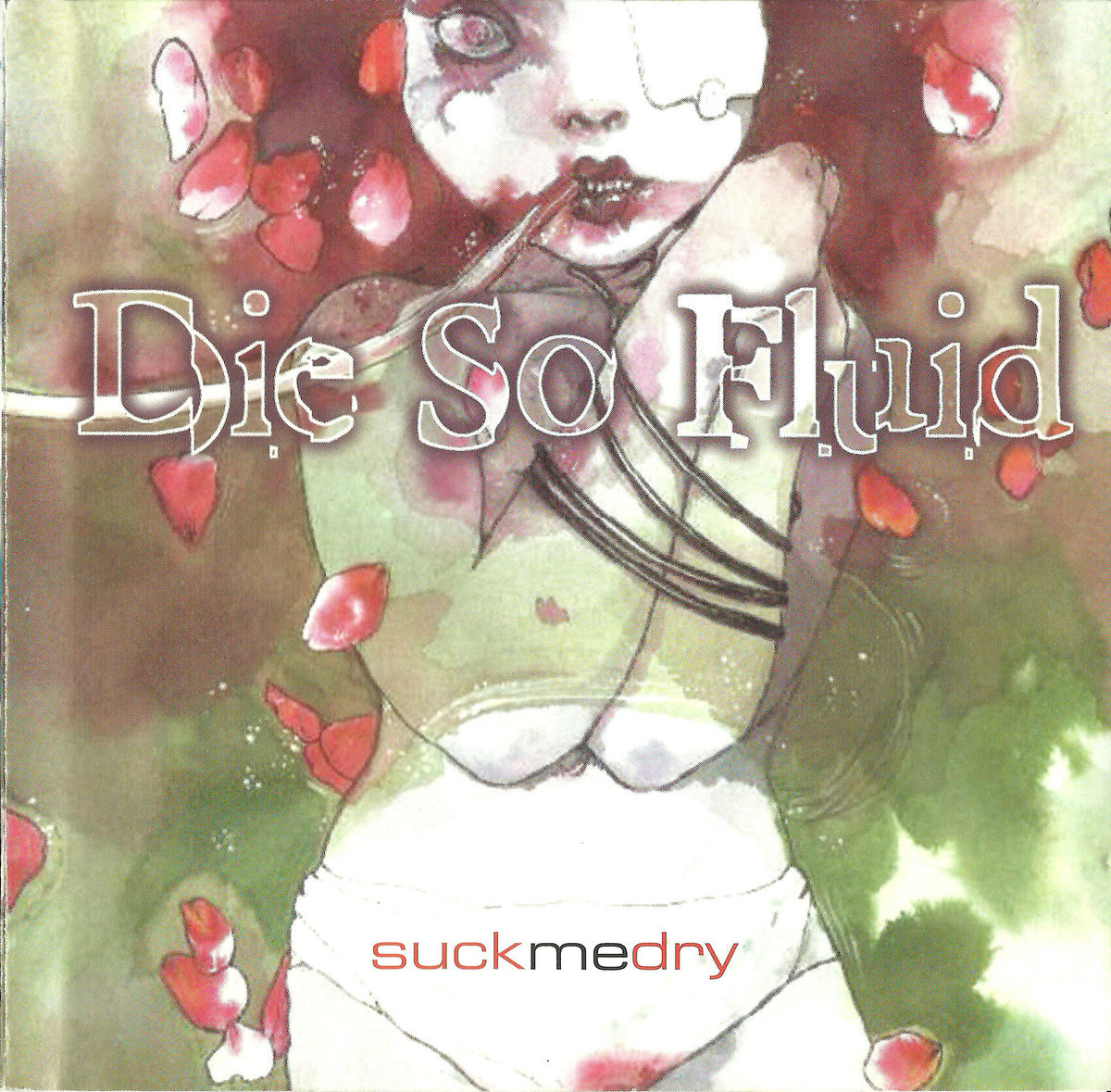
Though, of course, no poet wants that, but I was trying to interpret my life and make sense of it. I just felt that I wanted to write poetry even if it stayed in a drawer somewhere. And then, of course, the war in Vietnam certainly changed radically my view of the world and of the world of literature.įOX: In your writing do you sometimes try to get out a message, or affect the course of events?īERRIGAN: I don’t think so. And then everything changed and, let’s see, I got into the civil rights movement with my brother and then that became very electrifying, trying to interpret that, trying to set down some emotional response. I was quite bucolic for a beginning until life caught up with me. It’s also reflective of a young person’s religion or faith in that it’s highly charged with sacramental imagery and with country imagery, because I was in the seminary for so many years in the country. He was just being a dad, a dad with his kids.įOX: How has your work changed over the years?īERRIGAN: Well, I think I was always sort of reflecting where I was and my sense of surroundings and ecology, urban or country, or foreign, living in Europe, very affected by all of that. He was on a different plane when he was talking to the kids. It was really quite a start.įOX: How were his stories different from his poetry which you didn’t like?īERRIGAN: Well, that’s very interesting. And we wanted to hear his stories about the railroad which he could make up on the spot. And it was just a feast for a little boy’s imagination. “Pa, tell us a story.” And we’d all gather round. And when he came back, he liked to tell the kids stories, he was wonderfully inventive. For a while he was a railroad engineer on the old locomotives where the proud guy sat way up there and the thing chugged away across the plains and he would have Shakespeare in that cockpit and he would be memorizing Shakespeare. My father had very little formal education. And it really never stopped.įOX: And you’ve published, what, fourteen books?įOX: You seem to command a rich use of language …īERRIGAN: Well, it’s the Irish gift of gab. So I sort of swam with the tide at that point. Then, of course, in the order we had a vigorous regime of poetry in Latin and Greek and English, and later in French. But I guess in a kind of curious way it got me very interested in poetry and eventually, as a very young person in high school, writing poetry. I didn’t like the stuff to start with, so it was really kind of a bondage.
#SUCK ME SHAKESPEER LAPL MANUAL#
We had this old, old manual typewriter, and I was always getting it wrong, because he was meticulous about all this punctuation. Anyway, I was typing a lot of his stuff, under duress and much against the grain. He was a big Shelley man, a Keats man, etc., though he knew a lot of Shakespeare, too. I think it had a lot to do with our father who, for years, was turning out awful stuff but who had great ambitions and who was very well read but was stuck, I would say, in the romantics of the 19th century and he never got out of it. Daniel Berrigan died on Saturday, April 30th, 2016.īERRIGAN: Well, that’s quite a question to start with. His most recent book of poetry, And the Risen Bread, was published in 1998. The name “Berrigan” evokes images of pacifist protest.

He and his brother, Philip, have both served time in prison, and Philip was incarcerated for an antinuclear demonstration in Maine at the time of this interview. In spite of this, Berrigan is perhaps better known for his fierce commitment to the cause of peace. Berrigan, a Jesuit Priest, has published fourteen volumes of poetry in the last forty years.


“Climate Protesters Throw Soup Over Van Gogh’s ‘Sunflowers'” by Michael Meyerhofer.


 0 kommentar(er)
0 kommentar(er)
